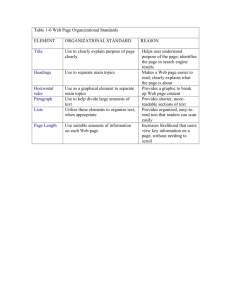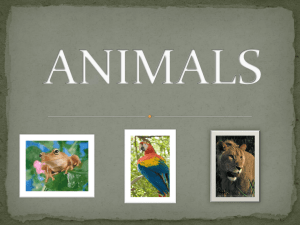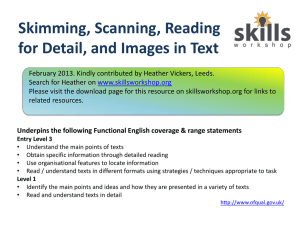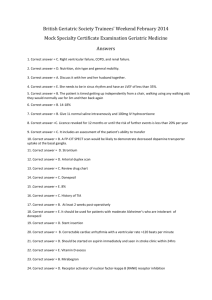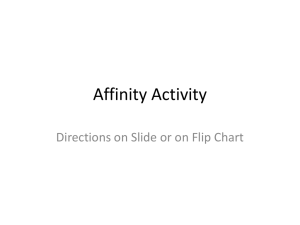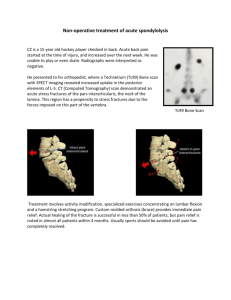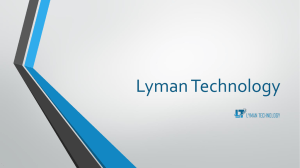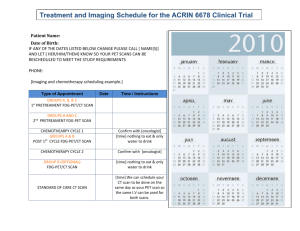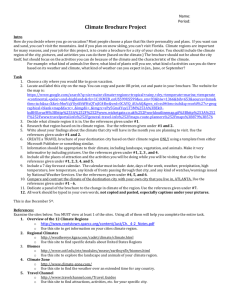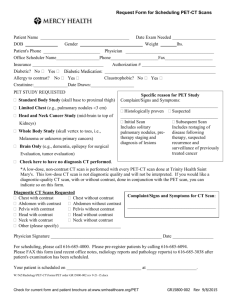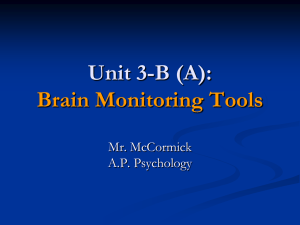How to Read your Textbook Effectively and Time Management
advertisement
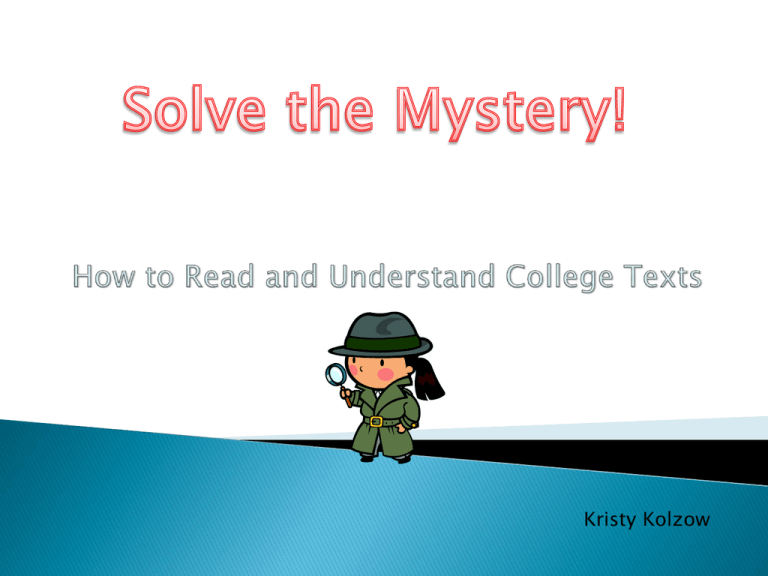
Kristy Kolzow Take the textbook study method inventory to find out. How did you do? Uncover the mystery to reading like a pro. Myths Uncovered You do NOT have to read every word. You may have to read more than once. It IS okay to skip parts of the text. Force yourself to read faster. Concentrate and comprehend. Your eyes are fine, it’s your brain slowing you down. • • • • • • Scan the preface or introduction Scan the table of contents Scan the index, glossary, and other material at the back of the book Scrutinize study questions, guides and other helps Scan chapter headings, sectional headings and items in the margin Examine maps, pictures, charts, diagrams and tables Academic Skills Center, Dartmouth College 2001 Divide the chapter into sections Space out your reading Use the chapter headings to make questions Take notes as you read Stop to monitor your comprehension ◦ ARE YOU GETTING IT? Adapted from Orientation to College Learning ISWAM ◦ During Lecture SCROL ◦ While Reading TASSEL ◦ Staying on Task Information about these strategies is available in your handouts. Academic Skills Center, Dartmouth College 2001 How to pass the test successfully. Say to yourself “Where did I see this information?” Picture what you read. Organize in your mind all your study aids. Remember to “dump” information (fill the margins). Tell yourself to go back to the “dumped” info. Have we solved the mystery?? Now use the clues you have been given to read your textbooks like a pro. How to better understand what you read. Understanding metaphors ◦ Using comparisons Read with purpose ◦ FIRST ◦ Read the outline ◦ Read the summary questions Increase vocabulary ◦ Look over vocabulary list for the chapter Read aloud ◦ Good for ALL learning styles Translate the information into simple language Jot down notes ◦ As you read the text *Tricks from Trenna Sue Hiler Reasons to read outside of the classroom. Higher GPA, more general knowledge, and higher intelligence. Enhanced smarts. Allows your mind to shift gears. Reduces stress. Makes you sit still, be quiet and relax. Greater tranquility. Readers have more general knowledge and can spot patterns which increases analytical thinking. Improved analytical thinking. The more you read, the more words you will see and learn. Increased vocabulary. Increased vocabulary and critical thinking makes forImproved a better writer. writing skills. How do we read? Newspaper Travel brochure for interest Running the eyes over quickly, to get the gist. Newspaper The telephone directory A train timetable Travel brochure for a resort Looking for a particular piece of information. A novel Poem Longer texts for pleasure and needing global understanding. Text in class Postcard Recipe Travel brochure for detail Shorter texts, extracting specific information, accurate reading for detail.
